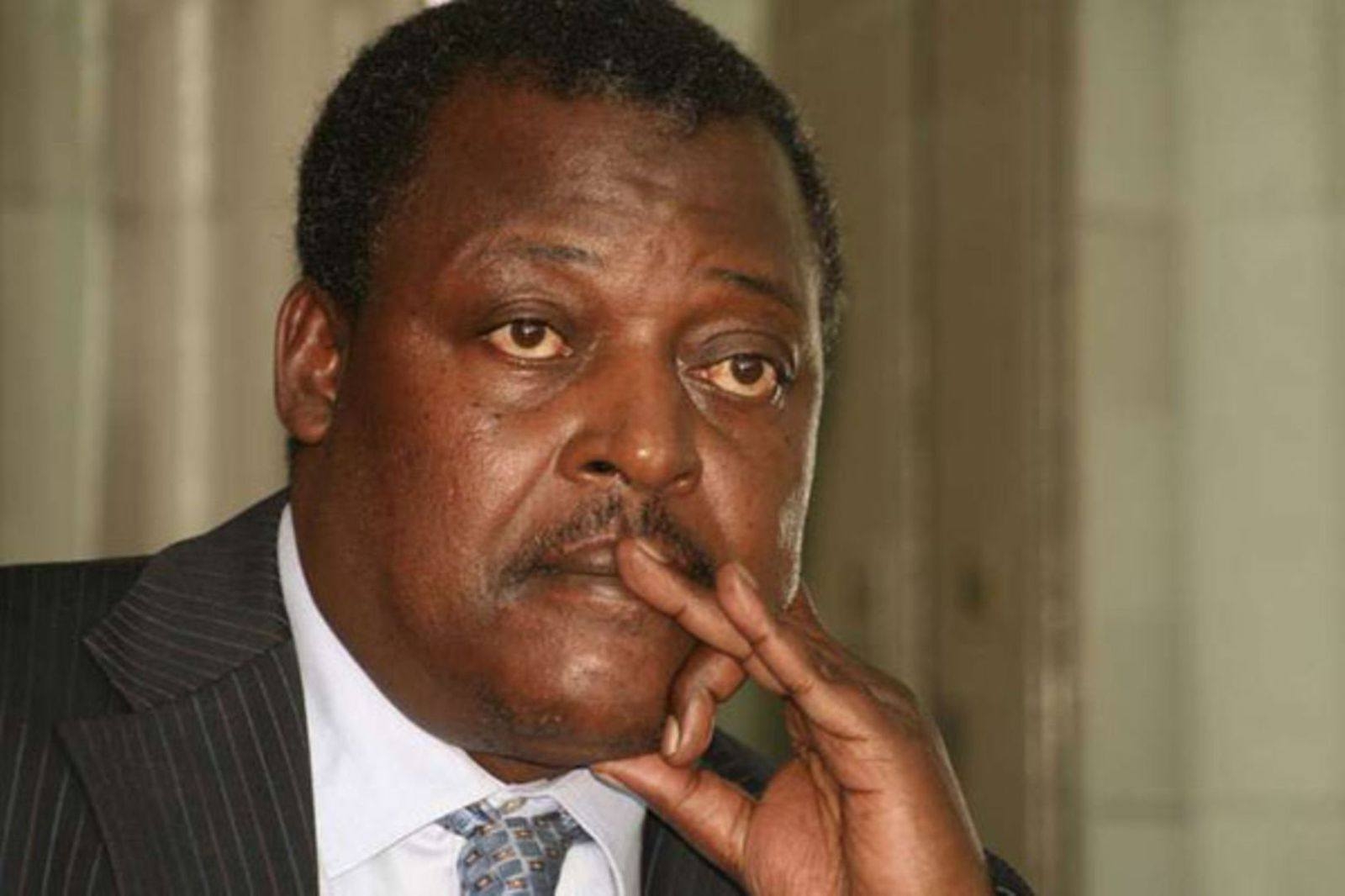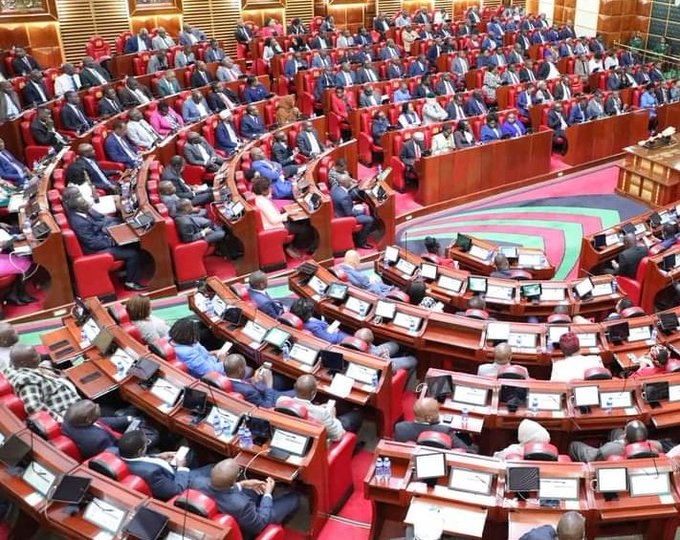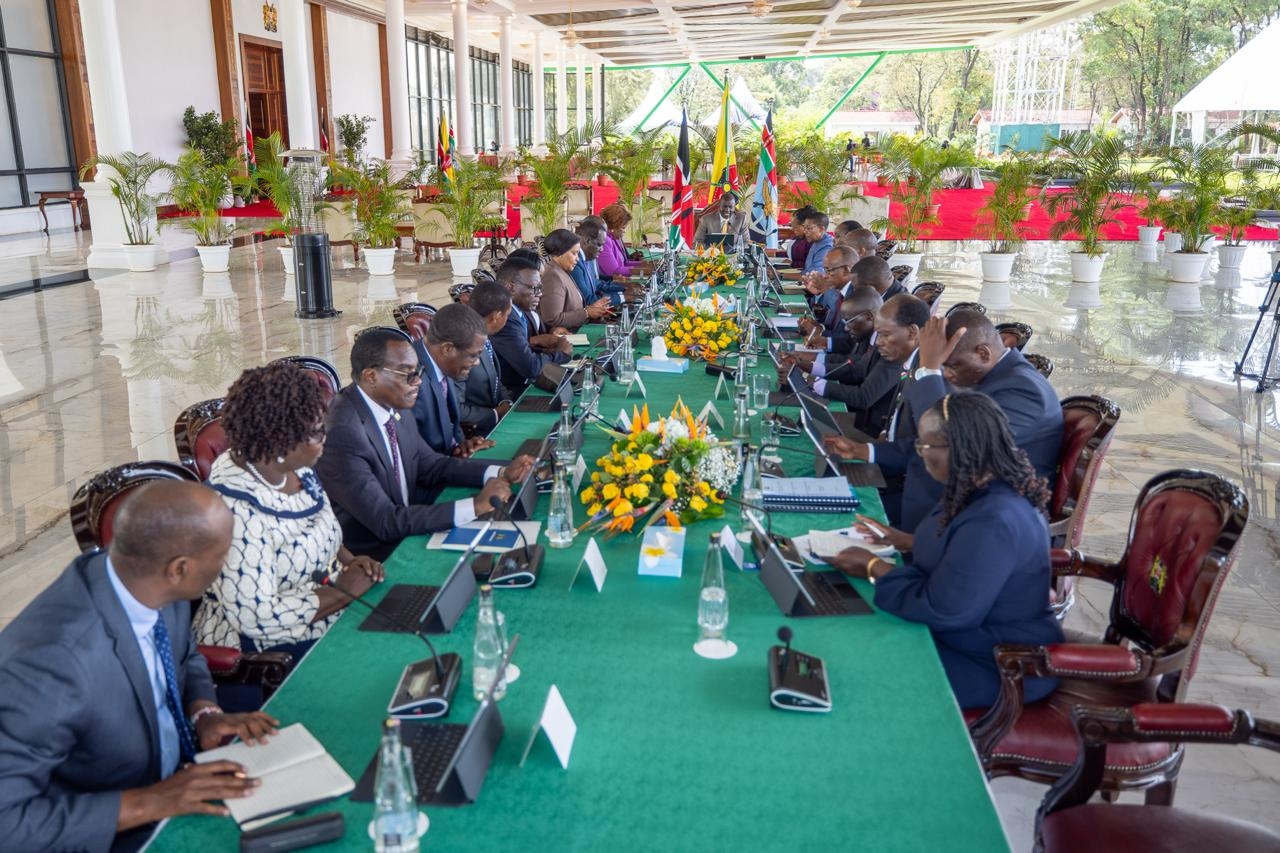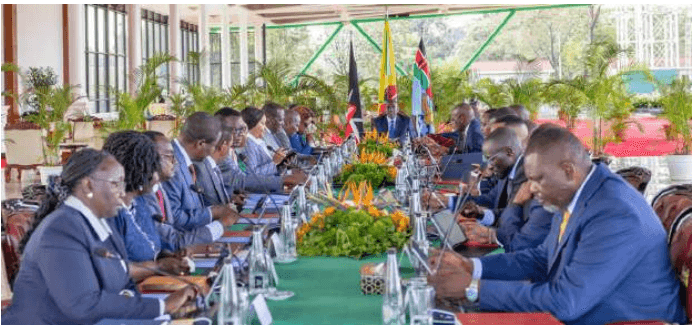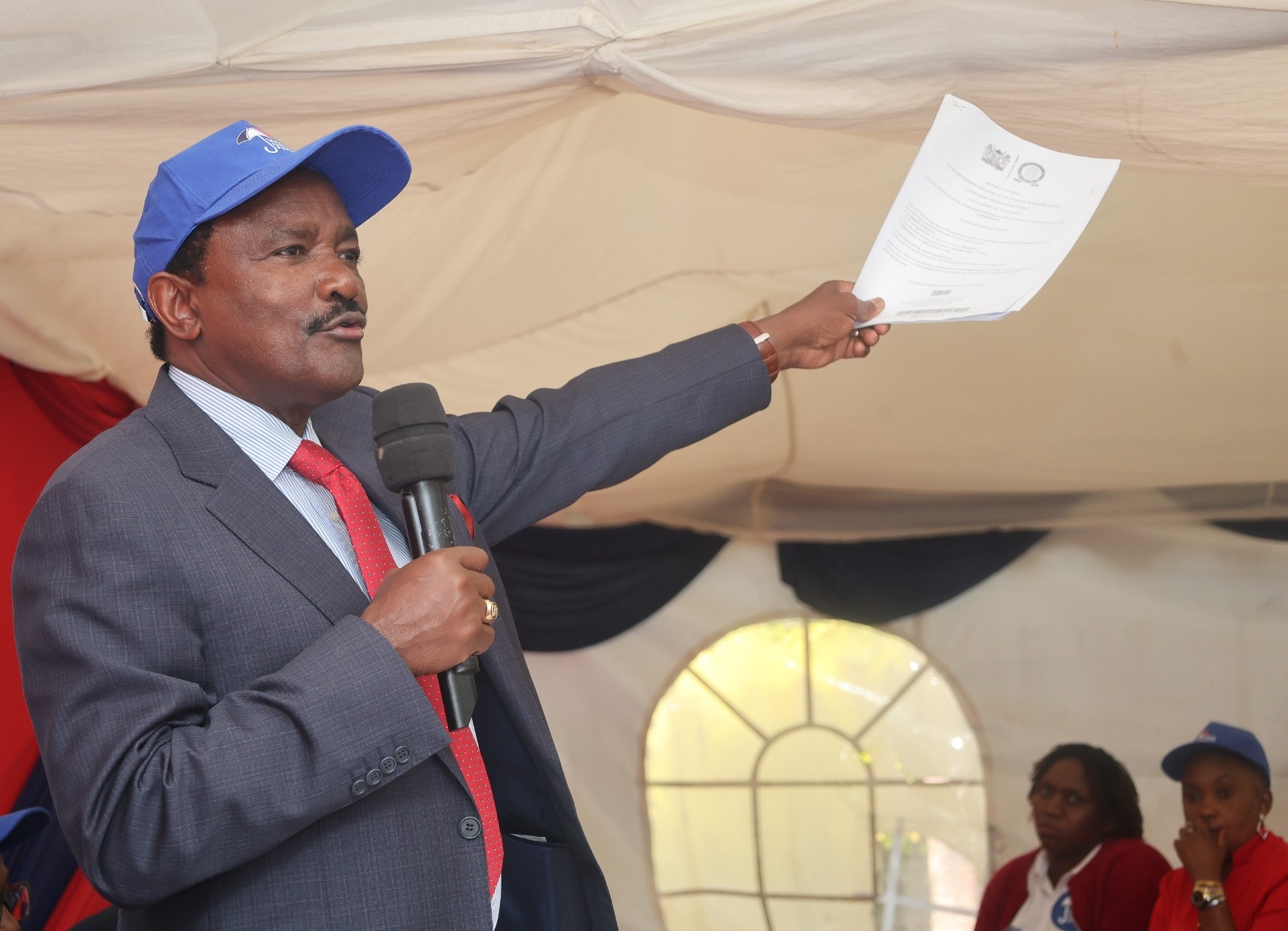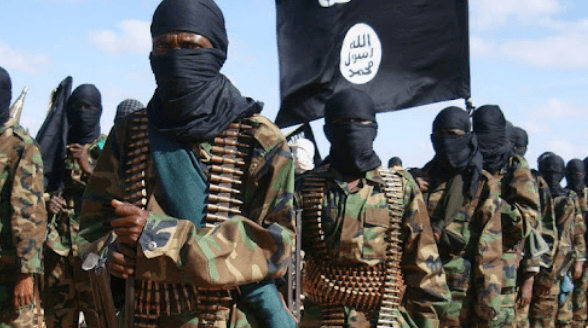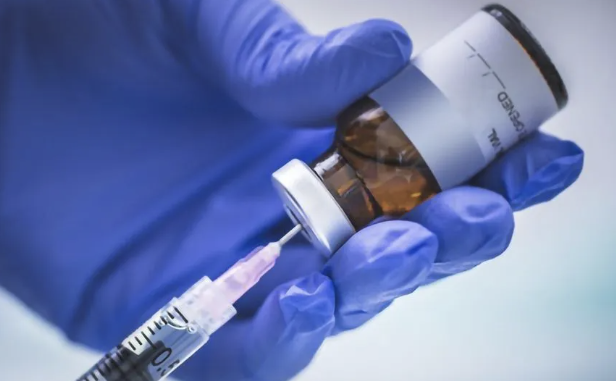
BY JOHN MUCHANGI
One of the existing HPV vaccines has now been approved for use in a single-schedule dose to prevent cervical cancer, a year after separate trials in Kenya indicated just one dose is enough.
The World Health Organization said it has allowed one of its five licensed HPV vaccines, called Cecolin, to be used as a single dose.
That means girls who receive one jab do not need to return for a second one.
The decision is expected to improve HPV vaccine coverage.
Vaccination prevents cervical cancer, which is diagnosed in 5,236 women every year in Kenya and kills 3,211 others.
The WHO said its decision was made based on new data on the product that fulfilled the criteria set out in the organisation’s 2022 recommendations for alternative, off-label use of HPV vaccines in single-dose schedules.
“Unlike most other cancers, we have the ability to eliminate cervical cancer, along with its painful inequities,” said Dr Tedros Ghebreyesus, WHO Director-General.
“By adding another option for a one-dose HPV vaccination schedule, we have taken another step closer to consigning cervical cancer to history.”
Kenya’s two-dose HPV immunisation programme was launched in October 2019, to reach 10-year-old girls.
In 2021, vaccine coverage for the first dose was 77 per cent and 31 per cent for the second dose, the Ministry of Health said.
Earlier last year, researchers from the Kenya Medical Research Institute announced results from a study conducted in Kenya that showed a single-dose vaccine was highly efficacious in preventing persistent infections of the virus over three years.
The randomised, multicentre, double-blind, controlled trial included 2,275 women between the ages of 15-20.
They were randomly assigned to receive either a single dose of the bivalent (in pairs) or nonavalent HPV vaccine or the control vaccine.
Results showed the single dose of both the bivalent and nonavalent HPV vaccines recorded an efficacy of 98 per cent. Additionally, the nonavalent vaccine had an efficacy of 96 per cent for the nine types of HPV it targets.
“We believe that these findings could have significant implications for vaccination programmes in low-resource settings, where the burden of cervical cancer is highest,” said Kemri lead investigator Dr Nelly Mugo.
The Kenya National Immunisation Technical Advisory Group later this year recommended that one dose is enough, in line with an updated WHO advisory.
Kilele Heath, a CSO that uses lived experiences for cancer survivors and caregivers to reach communities, said they support the implementation of a single dose.




